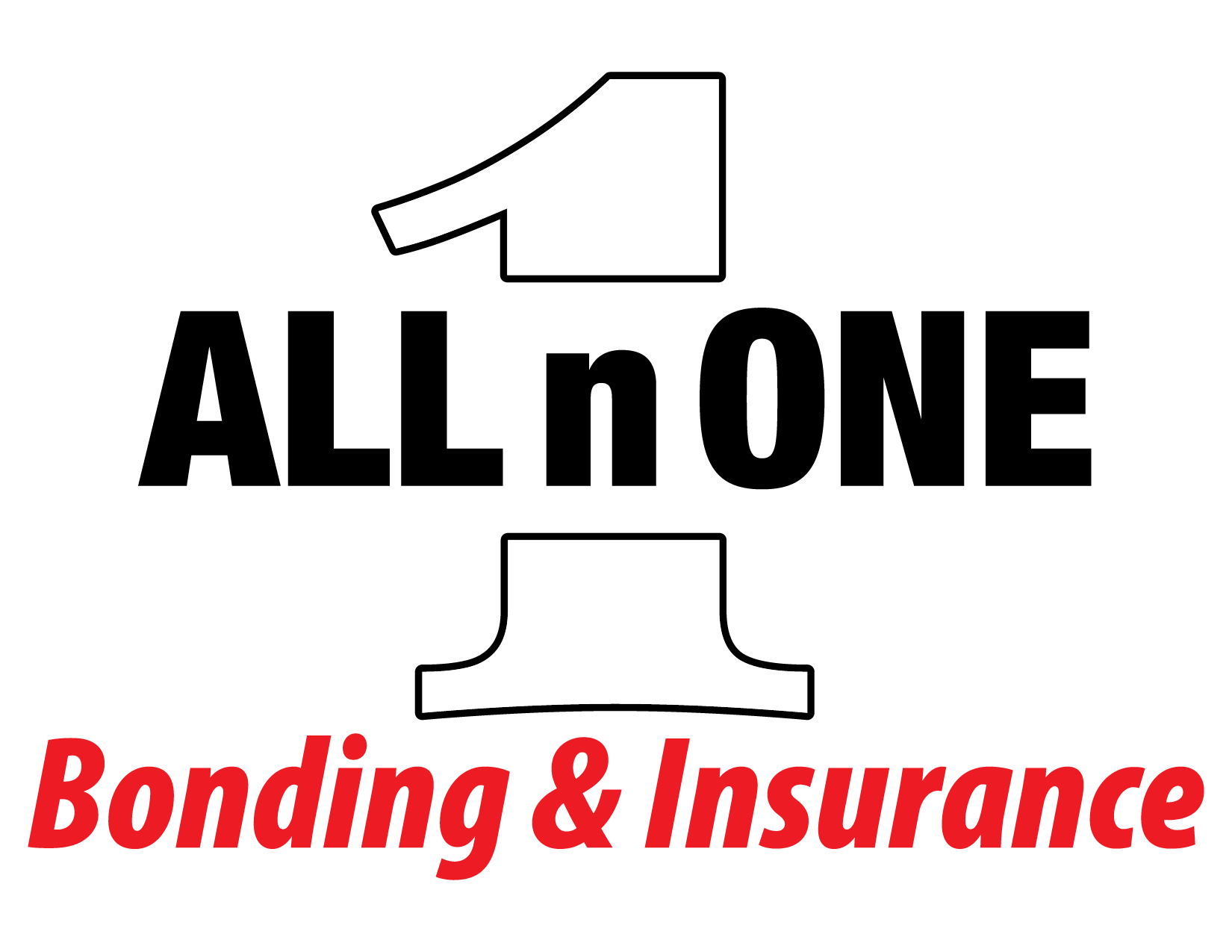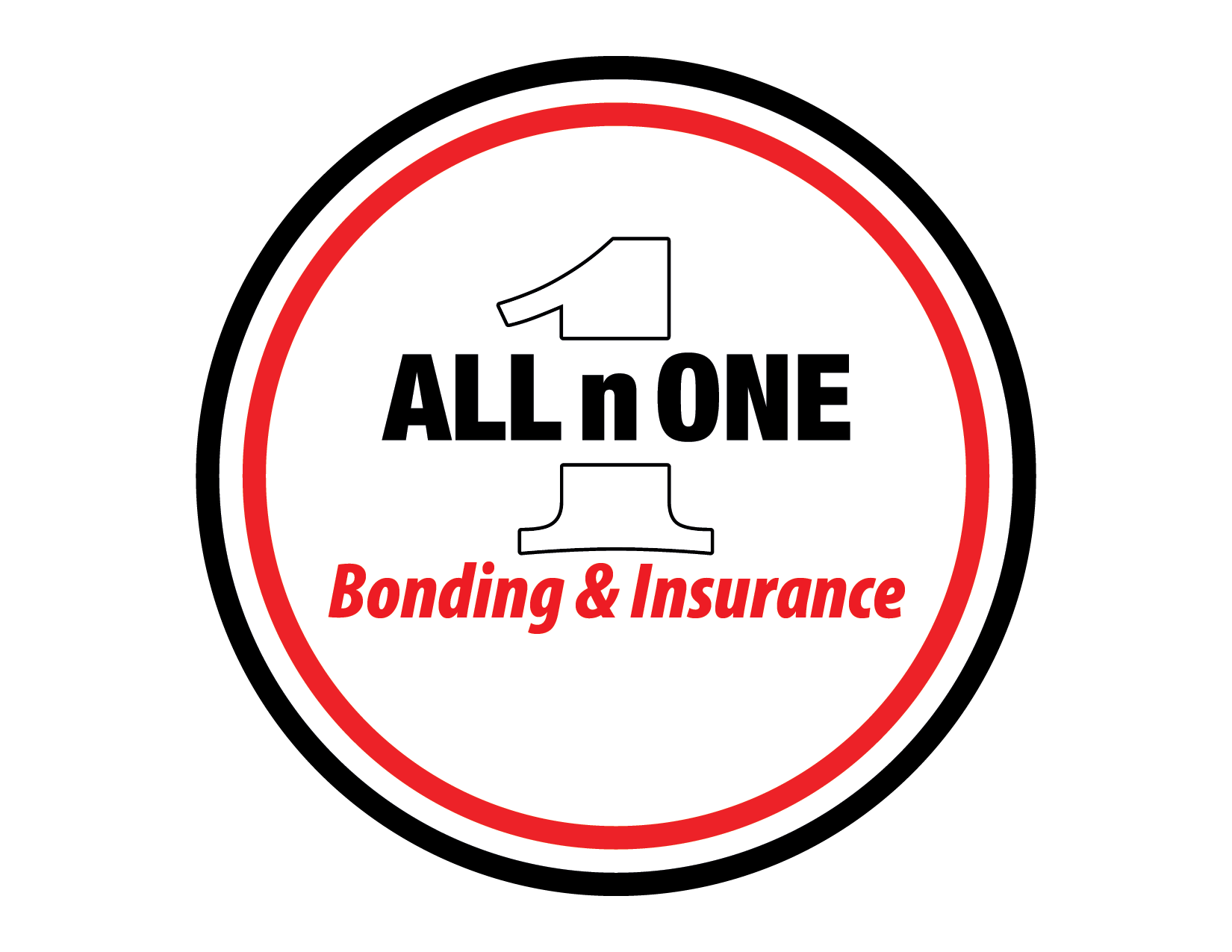When it comes to protecting your business, it can be difficult to know what type of coverage you need. But this is an important issue to figure out. Bonding vs. insurance – let us explain briefly.
Eager to learn 5 effective ways to find great insurance? Check out our article Top 5 Ways To Find Quality Insurance Services.
Bonding vs. Insurance – What Is The Difference?
Businesses are vulnerable if they don’t have the proper bonding and insurance in place. Mishaps can happen at any time, and if your company is not properly protected, you could find yourself in serious financial trouble.
To keep your business financially secure, All N One Bonding and Insurance offers comprehensive coverage plans. Our plans are geared toward small and medium-sized businesses.
If you’d like to work with us, call us at our Las Vegas line: (702) 850-7711 or our Memphis line: (901) 306-8100.
To learn more about bonding vs. insurance, keep reading.
What Is Business Insurance?
Business insurance is a form of commercial insurance that helps protect businesses from financial losses stemming from accidents, natural disasters, legal issues, and more.
There are different types of business insurance, but some of the more common types include liability insurance, property insurance, and workers’ compensation insurance.
Each of these types of coverage comes with different advantages. Businesses can purchase more than one type of coverage to create a comprehensive protection plan.
While business insurance can be expensive, it is a necessary expense. Not only does it help protect businesses from losing out financially, but it can also help businesses avoid disruptions in their operations if a problem arises.
What Is A Surety Bond?
A surety bond is a three-party agreement that enforces the terms of a contract.
The three parties in a surety bond are the principal (the party getting the bond), the obligee (the party that requires the principal to get the bond), and the surety (the insurer).
Specifically, a surety bond provides a guarantee to the obligee that the principal will fulfill their contractual obligations.
In the event that the principal fails to meet their obligations, the surety will ask the principal to compensate the obligee for any losses incurred. If the principal refuses, the surety bond company will compensate the obligee, then seek reimbursement from the principal.
As you can see, the surety bond company assumes a fair amount of risk when issuing a surety bond. There is always a chance that the principal will refuse to compensate the obligee and also refuse to reimburse the surety bond company, which would result in a court case.
In return for assuming such risk, the surety bond company charges a fee to the principal, ranging from 1% to 15% of the total bond amount.
Surety bonds are often used in the construction industry, but they are widely used in other industries as well, such as banking.
Surety bonds are an important tool for managing risk and ensuring that projects are completed on time and within budget, among other things.
More About The Difference Between Surety Bonds and Insurance
As we just mentioned, a surety bond is a financial agreement that involves three parties and is used to enforce contracts.
An insurance plan, on the other hand, is a contract between two parties, namely the insurance company and the policyholder.
Surety Bonds Premium vs. Insurance Premiums
Surety bond premiums are paid one time upfront. There’s no need to pay again until your bond needs to be renewed (generally one year later).
Insurance premiums are paid monthly.
Get Bonded and Insured Today!
When it comes to protecting your business, it’s important to understand the difference between bonding and insurance.
There is a lot of confusion about the difference between these two, and many people don’t know which one they need for their business.
Fortunately, All N One Bonding and Insurance is here to provide clarity on the subject for you.
Contact us today for a free consultation!



